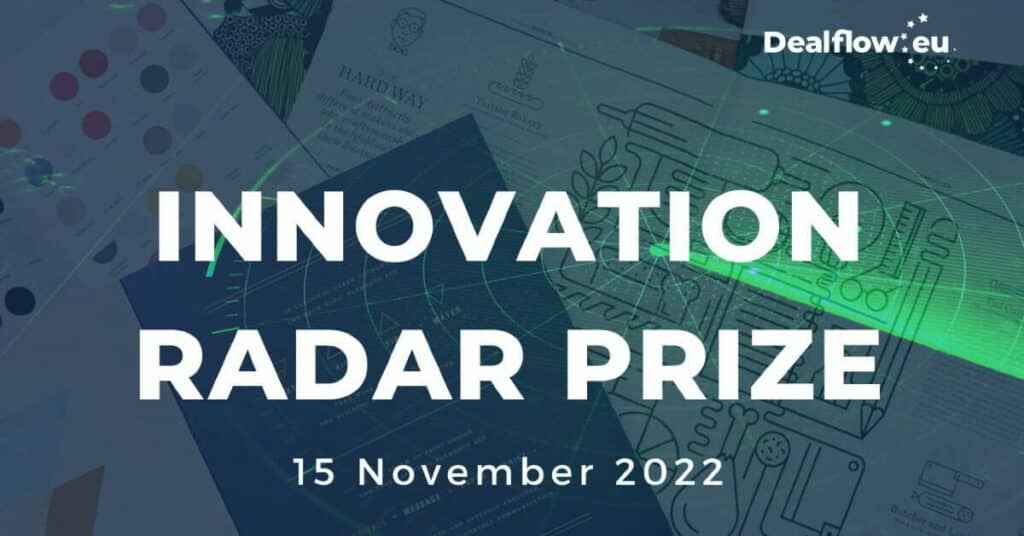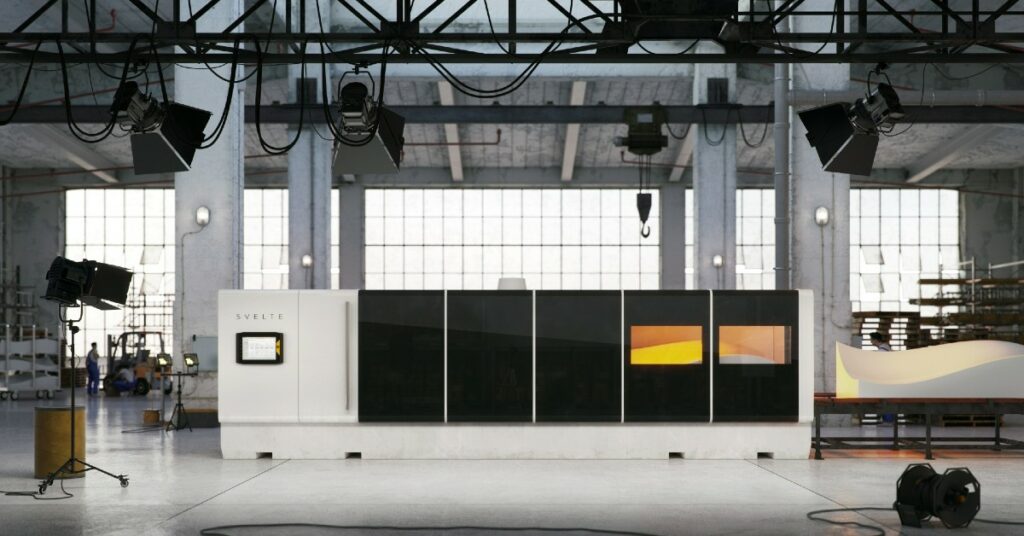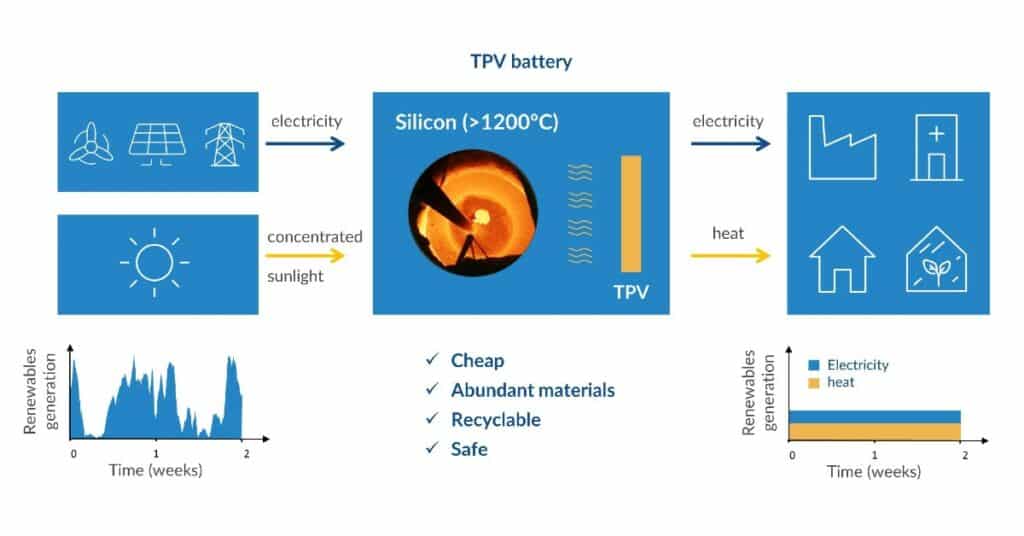Innovation won big as the European Commission awarded its overall prize and category winners on a day marking Europe’s most promising innovations. The winners of EU’s Innovation Radar Prize 2022 have been announced and it shows how EU-funded research and innovation projects are embarking on a stage of innovation.
This year’s overall winner, Nvision Imaging Technologies, is showing how quantum technology can be used to solve major challenges in the field of imaging tumour metabolism. In addition to the overall winner, the European Commission also awarded prizes across three categories: Purpose-Driven & Green, Disruptive Health, and Kickstarter.
Innovation Radar Prize 2022: the road to this moment

The Innovation Radar Prize 2022 may have crowned its winner but the road to this moment began with over 300 applications. Out of these applications, a shortlist of 31 innovations were made and submitted for open voting. From this, 12 innovations were selected as Innovation Radar Prize finalists and they had to pitch their innovation at an e-pitching event on November 15.
The e-pitching event also saw these finalists answer questions directly from some of the key investors in the European Union. After the pitching and answers from these innovations, the European Commission and Dealflow.eu announced an overall winner as well as winner across three sub-categories.
Meet the 2022 overall winner: Nvision Imaging Technologies
From the 12 EU-funded research and innovation projects, Germany’s Nvision Imaging Technologies came at top. The overall winner of Innovation Radar Prize 2022 received EU funding via the MetaboliQs project and is using advances in quantum physics to enable affordable use of MRI for assessing early patient response to cancer treatment at the metabolic level.
Founded by world-leading spin-physics experts, Nvision has developed a hyperpolarisation platform that enhances the MRI signal of natural metabolites. This allows these safe molecules to be used as agents for imaging tumour metabolism via standard MRIs.
Through this safe imaging technology, Nvision Imaging Technologies envisions a landscape where oncologists are provided with unprecedented early insights into treatment efficacy at the metabolic level. This will allow non-responders to be moved onto another line of therapy more quickly. The technology developed by Nvision will have impact across oncology, cardiology, hepatology, nephrology, neurology, and rheumatology.
Svelte is Purpose-Driven & Green category winner

In what was seemingly a tough battle, Svelte was able to beat ALGAplus, INOQ, and R3 GIS to become the winner in the Purpose-Driven & Green category. Based in Romania, Svelte designs, develops, and manufactures cutting-edge solutions for producing topologically optimised construction elements.
The solution from this EU-funded innovator is resulting in 40 times faster development of freeform architectural surfaces compared to methods used today. With Svelte technology, the architecture field will see up to 60 per cent reduction in the cost of a design building.
In the construction industry, Svelte can improve the weight-to-height ratio of buildings by 40 per cent, thus generating “lighter structures by eliminating excess materials that do not have a structural purpose.” The EU is providing funding to this innovator via the Svelte project.
Innovation Sprint makes a sprint to victory
While Nvision Imaging Technologies was the overall winner, its peer Innovation Sprint took the win in the Disruptive Health category. A category that included innovations like Prensilia’s robotic hand for prosthetics and industry and an affordable portable molecular diagnostic device from Biopix-T, the competition was intense.
Innovation Sprint wins for its pioneering software called Healthentia that connects patients directly with physicians through their smartphone devices. The certified clinical solution in the form of an app allows patients suffering from a chronic disease directly report health data including vital signs.
Through its participation in several EU funded projects such as iHELP, RE-SAMPLE, TERMINET, INFINITECH, BEAMER, Innovation Sprint has enriched Healthentia to be a disruptive healthcare platform.
And the winner in the Kickstarter category is…
…Polytechnic University of Madrid and the Institute of Solar Energy (IES-UPM). The project received EU funding for its innovation via the AMADEUS and NATHALIE projects.

The Institute of Solar Energy at the Polytechnic University of Madrid has developed a thermophotovoltaic battery that stores surplus renewable generation and produces combined heat and electricity on demand. The solution aims to enable supply of a cheap system that has high energy density and global efficiency.
This thermophotovoltaic battery is a modular system developed using a combination of silicon-based phase change materials, and solid-state thermophotovoltaic converters. This innovation wins amidst competition from the likes of ABzero, University of Cyprus, and Digital Earth Solutions.










01
From telecom veteran to Dutch Startup Visa success: The Jignesh Dave story